National cabinet ‘a dog’s breakfast’: Abbott
Tony Abbott says there is no certainty ‘about who’s in charge’ of the pandemic and national cabinet is making it worse.
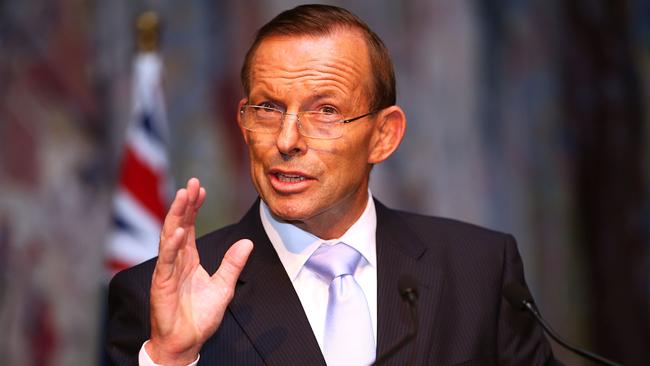
Tony Abbott has decried the “dog’s breakfast” of federal-state relations during the Covid-19 pandemic, saying there is no certainty “about who’s in charge” and the national cabinet of Scott Morrison and premiers is making it worse.
The former Liberal prime minister said there was no clear definition of responsibilities — “who is in charge” and “who is to blame” — and the problem was made worse in recent years as premiers duelled with each other over border closures and blamed the Prime Minister for quarantine and vaccine rollout failures during the coronavirus outbreak.
“We need to look at the division of responsibilities and get those lines of responsibility just so much clearer,” Mr Abbott said in a podcast interview with the Liberal Party’s Menzies Research Centre before flying to England and India for trade talks.
“Instead, with things like the national cabinet, we’re making it — in my judgment — worse not better. At the very least, we should stop calling this a national cabinet. Because frankly, a cabinet makes decisions that bind all its members. And the national cabinet is not a cabinet in that sense,” he said.
“That’s a marketing ploy, calling it a cabinet. The national cabinet is a co-ordinating committee at best. So let’s call it that,” he said.
Anthony Albanese has been a critic of the national cabinet since it began because it did not include opposition leaders and has accused Mr Morrison of being “ScoMo from marketing” while failing on quarantine and the vaccine rollout.
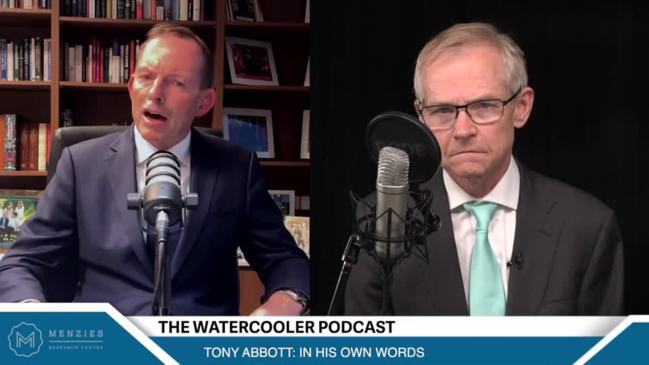
Mr Abbott said he did not want to be too critical because Australia was facing the greatest health threat since the Spanish flu of 1918 but the political leadership was “odd” because it “was almost maniacally busy telling everyone else that they should do absolutely nothing”.
“We save the world by lying on our couch rather than saving the world by rolling up our sleeves and doing what needs to be done,” he said.
“One of the many reasons why I have never been comfortable with the lockdown mindset is that I just think it’s contrary to human nature to want to be passive as opposed to active in the face of a challenge.”
Mr Morrison, premiers and territory leaders agreed to form the national cabinet, as a subcommittee of the federal cabinet, at the beginning of the pandemic last year as a body to co-ordinate the Covid-19 responses.
The national cabinet has met 46 times to discuss emergency measures, state border closures, economic assistance, quarantine measures and the vaccine rollout.
There have been increasing recriminations among the premiers and state government criticisms of Mr Morrison and federal aspects of the pandemic response.
Mr Abbott said federal-state relations suffered from not having a clear view of “who is in charge”. “With any particular area of governmental activity, there’s got to be a clear chain of command. You’ve got to know who’s in charge so you know who to blame when something goes wrong. This dog’s breakfast of divided responsibilities … has just got worse in the last few years.”
On China, Mr Abbott said Australia and the world had been naive in thinking economic liberalisation in China under Deng Xiaoping would lead to substantial freedoms and that naivety had led to the creation of a “monster” of the Chinese Communist Party that hasn’t changed its Marxist-Leninist ways.
Mr Abbott said as a result of “our good qualities” and expecting the best, including the US helping China into the World Trade Organisation, the West was facing a facing a Cold War with China worse than with the Soviet Union last century.
“The economic liberalisation was for the strengthening of the party state, not for the withering away of the party state,” he said.
“We’ve all woken up to the monster we’ve created. My deep anxiety is that the contest the Western world is now entering with Communist China is going to be every bit as difficult as the long contest that the West had with the old Soviet bloc,” he said.


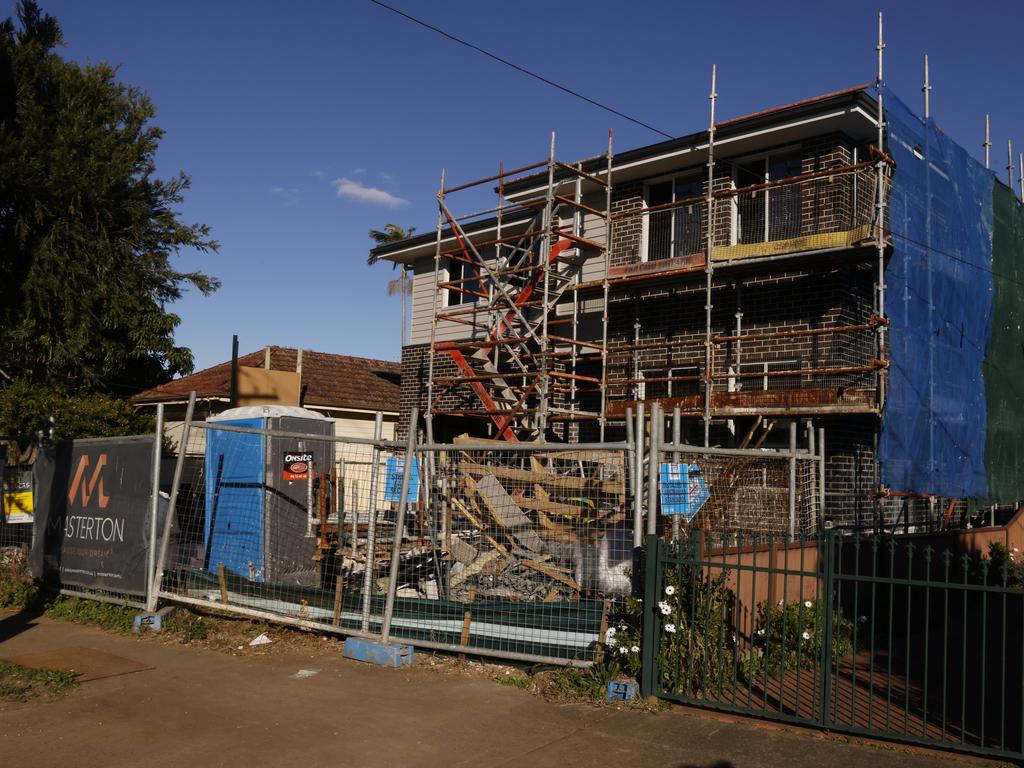
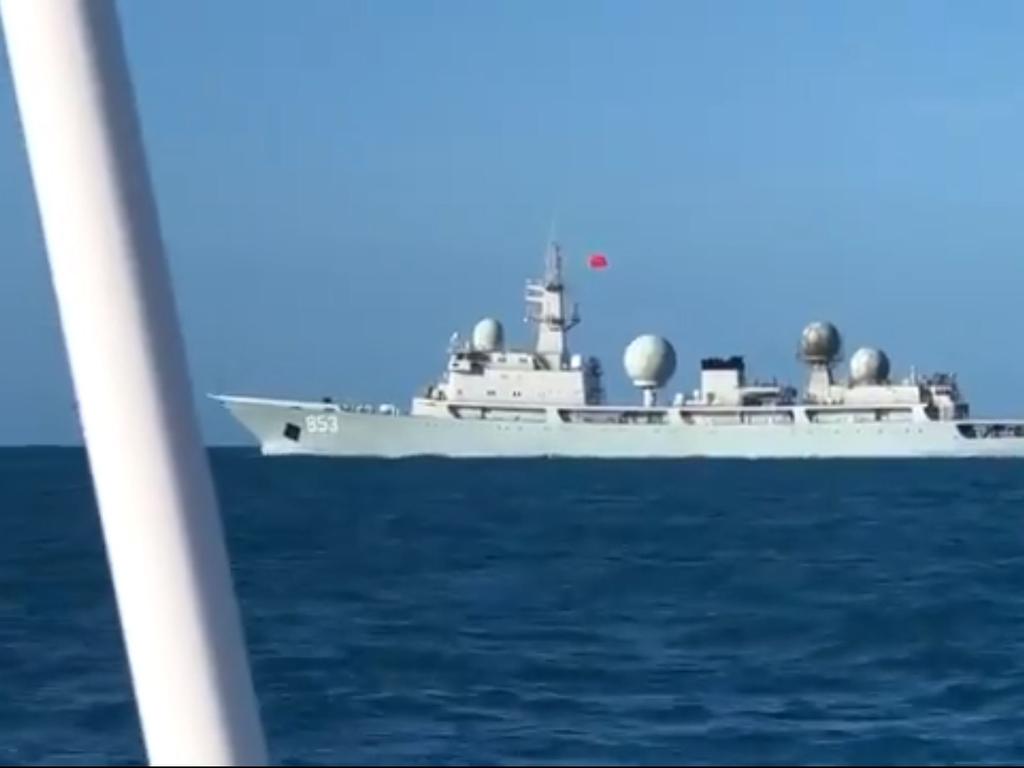
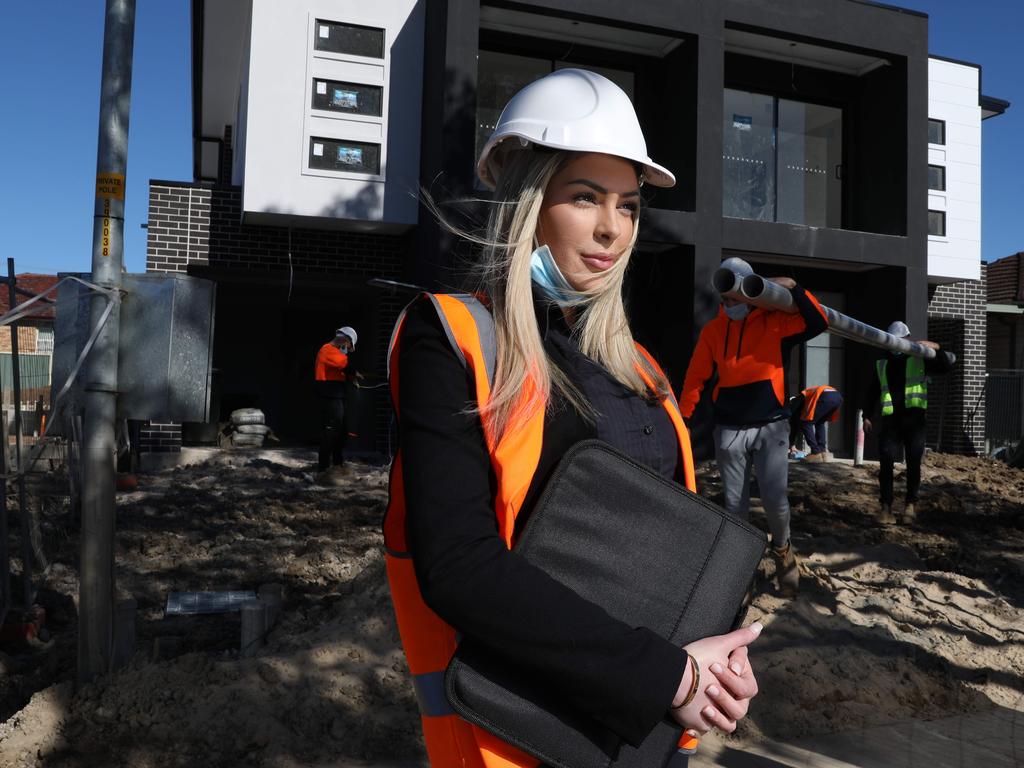
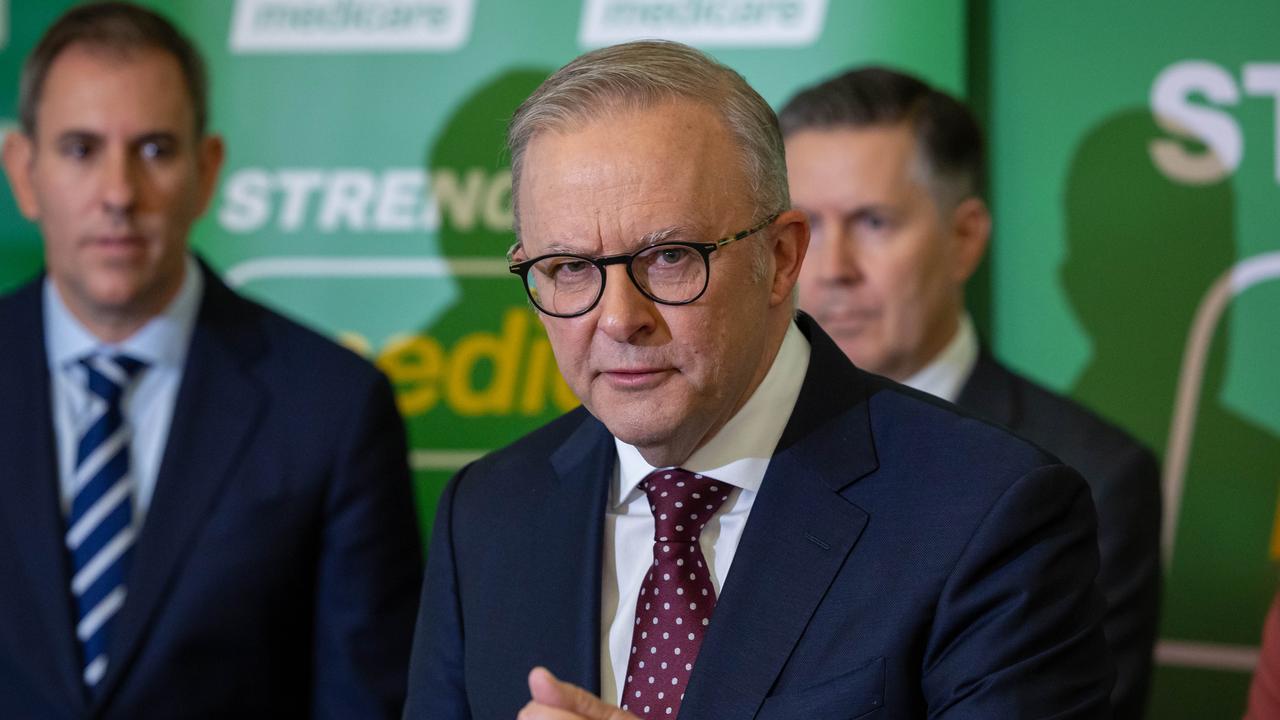
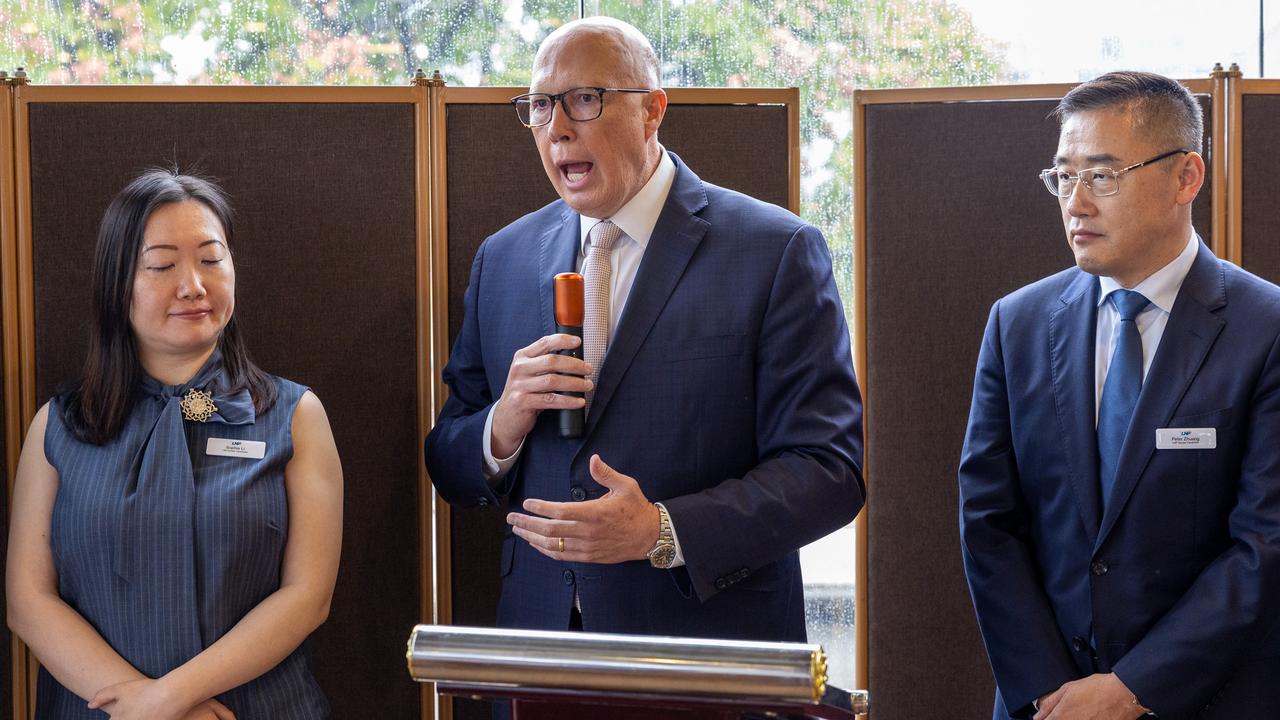
To join the conversation, please log in. Don't have an account? Register
Join the conversation, you are commenting as Logout